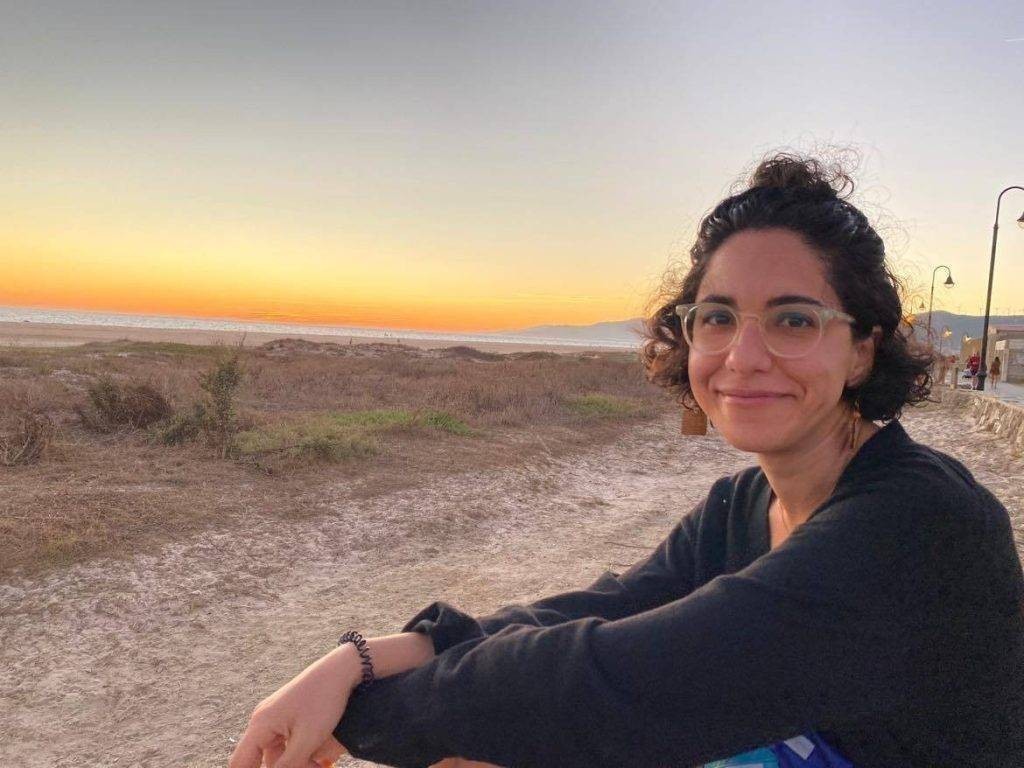საერთო ცხელი ხაზი +995 577 07 05 63


Today, the significant court dispute reached its conclusion in the initial instance.
On April 26, 2022, the Tbilisi City Court recognized the decision of the Patrol Police Department of the Ministry of Internal Affairs of Georgia not to allow Aida Balafkani, a British citizen and Ph.D. candidate in anthropology at the University of London, to enter Georgia as illegal.
We want to remind you that Aida Balafkani and her spouse arrived in Georgia for research purposes on April 26, 2022, where she was planning to commence a study with the support of Ilia State University on Georgian carpets and traditional fabrics. At the state border of Georgia, the Border Patrol Police Department subjected Aida to several hours of questioning, prohibited her from being with her spouse, restricted her communication for assistance with the embassy, and arbitrarily denied her entry into the country without providing specific explanations. There is reasonable doubt that Aida Balafkani was not allowed into the country only because she was born in Iran (see case details at the following link: https://shorturl.at/apIMN)
It is significant that reference in the decision of the Border Patrol Police Department, the Law of Georgia "On the Legal Status of Foreigners and Stateless Persons" of Article 11, Clause 1, Sub-Clause "I," according to which a foreigner can be refused entry in other cases provided for by the law, while the specific instance is being considered in court. The department cited that its decision was founded upon information classified as a state secret, implying that Aida's case could threaten the state. It is pertinent to highlight that the department consistently uses the subsection above as a stand-alone legal basis for referring to any other relevant act, coupled with a parallel approach in court proceedings, which entails a refusal to provide substantive argumentation or justification with regarding the state secret.
Today, the court shared our position that the decision not to allow Aida Balafkani to enter Georgia was unfounded and illegal. The mentioned case once again confirms that the state institutions are making border-crossing decisions that contravene the rights of foreign individuals, interpreting the legislation narrowly and in isolation from fundamental human rights, turning discretionary powers into arbitrariness, and making unsubstantiated decisions.
The Social Justice Center will release further details about this case once the court issues a reasoned decision.
The website accessibility instruction